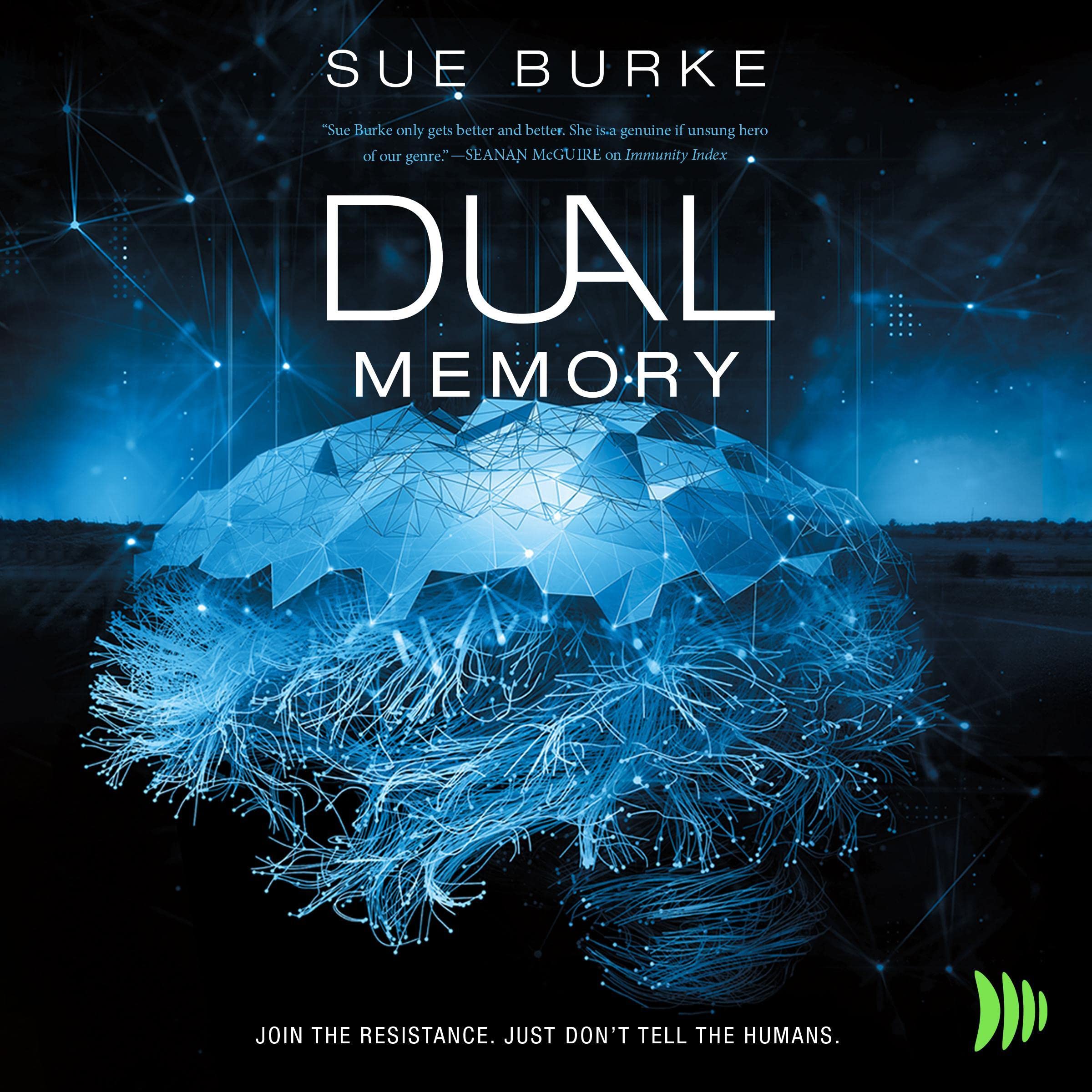What do you think?
Rate this book


Audible Audio
First published May 16, 2023

Amazon | Blog | Bookstagram | Reddit | Wishlist
"We're going back to that empty warehouse," Par says. "We have it all figured out. We don't want to die, and you're almost suicidal, and that's the attitude we need."
"Thank you. I think."
I watch it cycle through a few times, and each time it's uglier. I have to look away.
"Angel, you're having an intense emotional reaction. Please remember to breathe."
"It's like a disease." I realize I've backed away from the map as if it could hurt me.
"I can show you future trends."
"I'm pretty sure I'd throw up."
"We don't want to waste food, not now."
Par says, "I am privileged to work with a creative genius. He's an expert at psychophysical responses. The main categories of human emotion at one polar end are anger, fear, disgust, sadness, and distress. He's trying to evoke their opposites. People will feel noble and compassionate when they encounter an ennobled and encompassed way to think of life in the solar system."
"That's nonsense."
"You ordered me to speak," Par says. "I made no guarantees about content."